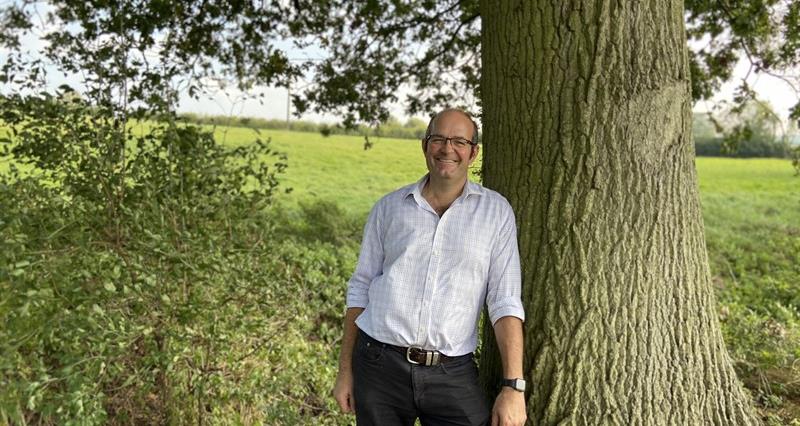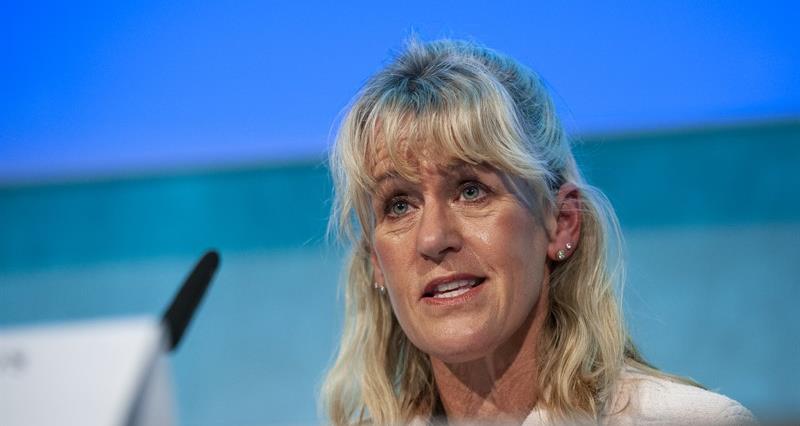A Land Use Framework as soon as possible this year; full details of all ELMs incentives by the end of 2023; rapid progress in ecolabelling of food and drink products with a common carbon footprint standard; and a strategy for decarbonising agricultural machinery by the end of the year – these are just some of the recommendations that the NFU is satisfied to see in the review of net zero policy by former energy minister Chris Skidmore MP, which was published hastily in mid-January after elements of the report were leaked to the press.
A new era of opportunity
Four months ago, Liz Truss was Prime Minister and her Business Secretary was Jacob Rees-Mogg. Aware of the scepticism shown by the Tory right towards the government’s Net Zero Strategy, they commissioned an independent review to see whether climate change policy was being delivered in a manner that was “pro-business and pro-growth”.
This task was entrusted to the Right Honourable Member for Kingswood, a marginal constituency on the east side of Bristol. Chris Skidmore MP was actually the junior energy minister who signed the breakthrough legislation in 2019 committing the UK to end its contribution to climate warming by 2050.
Perhaps, therefore, it should be no surprise that his report describes the net zero transition as “a new era of opportunity”, although he goes further in criticising the current political uncertainty and inconsistency (think: Cumbrian coal mine) which is arguably undermining the UK’s leadership on tackling climate change.

Emphasis on how food is produced
Chris Skidmore and his team consulted widely, receiving over 1800 responses to the call for evidence, including more than 50 roundtables around Britain.
Last October I participated in one of these, through the cross-industry Broadway Initiative, emphasising our frustration at the lack of any clear net zero direction under the Environmental Land Management scheme, the need for incentives to enable consistent farm carbon audits, and the challenge of electricity grid capacity to allow more independent on-farm renewable generation with solar, wind and batteries.
I think we can be pleased that Mr Skidmore has taken a fairly sympathetic approach to the agricultural sector, with an emphasis more on how we produce food and use our land, rather than the prescriptive recommendations about dietary change and livestock numbers that we hear too often from other quarters.
Expect to see the NFU making good use of this political capital in our ongoing discussions with Defra and other government departments.
More from NFUonline:



